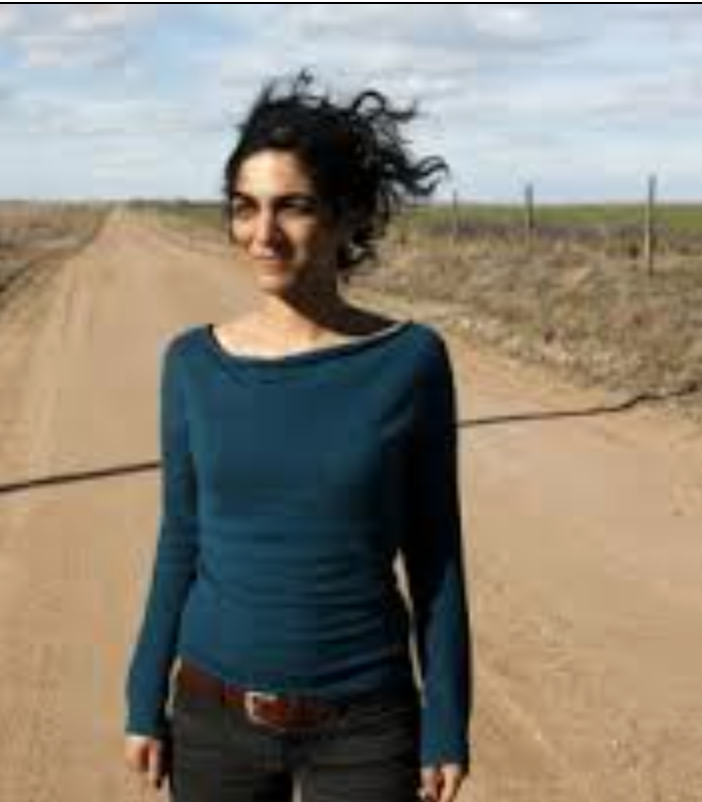This PhD project seeks to continue Mashid Mohadjerin's research project: ‘Representation of female activists in the Middle East’ into a third phase, adding personal memories, more artistic experimentation such as photographic and video montage, print techniques and dialogues. This project started out of a need to transform the photographer's documentary images into more reflective, artistic installations. In this PhD project Mashid looks for innovating ways to move from an objective, documentary approach to a subjective, stylized and evocative approach. She creates photographic installations that explore ways to offer an alternative to the representations of issues shown by global media. These installations are backed by intensive literature study, image study and a collection of archival images.
Mashid Mohadjerin on her research project:
"This year I am putting the emphasis on the depiction of the female body in protest in the Middle East, blurring specific people and specific political issues. The work will be more of an interpretation of the female revolutionary figure and the symbols surrounding this (many of which reach and connect well beyond this territory and into uprisings worldwide). In this new work, I weave in elements of my former research (portraits and surroundings of specific female activists in Tunisia and Egypt) with new montages of photographic, audio and (archival) video material to produce installations. A new book and a dissertation containing the reflective and productive processes is forthcoming. Meanwhile I have begun dialogues with colleagues about organizing public events that address issues in this research that connect with other researchers and artists. The idea is to invite artists to join our dialogues on issues such as representation, bookmaking, media, the body and resistance in our societies and beyond."





